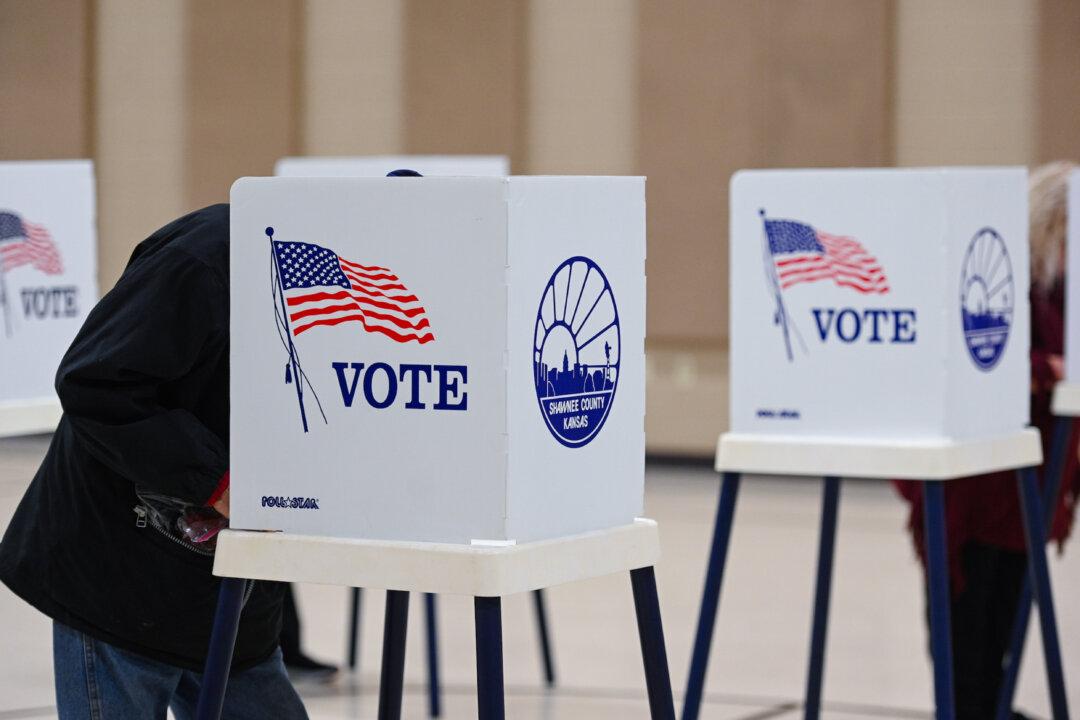The Democratic National Committee (DNC) has announced nearly $2 million in new grants to state parties in 11 non-battleground states to boost down-ballot races and fund key voter organizing and registration efforts both ahead of the November general election and for years to come.
The DNC said in its June 10 announcement that the effort is part of its ongoing commitment to state parties.





